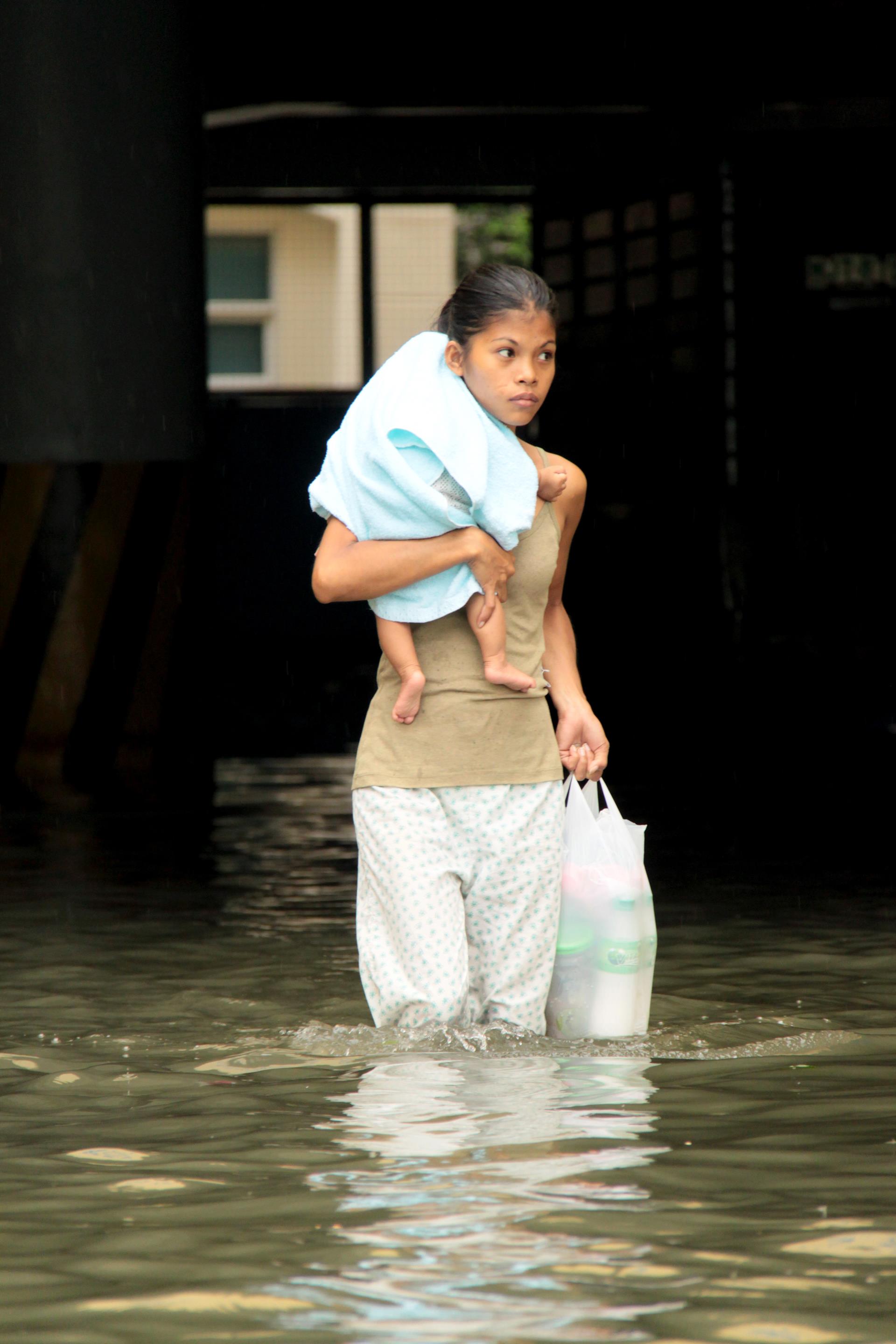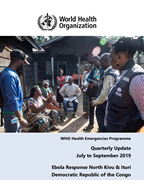
WHO Emergency Funding Appeals
WHO launches a series of papers on Financing Common Goods for Health
Life is priceless
Life is priceless. Saving lives, promoting health, keeping the world safe, and serving the vulnerable is not a cost. It is an investment. Achieving these goals will require unfailing political and financial commitment from governments and donors and strengthened collaboration with civil society, academia, the UN family and all health actors. Success will be driven by a shared commitment to build a world where no person suffers unnecessarily from lack of access to quality and affordable health care.
Success will only be possible with a well-funded WHO that will allow us to strengthen our impact in countries and expand work on data and innovation. Not only do we need sufficient funds, but our supporters must provide increased flexibility and alignment of funding to ensure that every dollar received can be applied to achieving these targets. Only with your continued and enhanced support can we ensure joint action transforms the lives of millions. Support for WHO translates into longer and healthier lives for present and future generations.
WHO’s key role in health emergencies
-Prepare
-Prevent
-Detect and respond
Through better protection of 1 billion people from health emergencies, and provision of life-saving health services to 100 million people during acute public health situations, WHO will help save 1.5 million lives, in addition to returning US$ 8.30 for every dollar spent.
WHO is committed to saving lives and reducing suffering in times of crisis. Yet we can only carry out this important work if we have the resources to do so.
WHO relies on voluntary contributions from Member States and other partners to fund our work in emergencies. Together we can achieve our goal -- a WHO that is well-equipped to respond quickly and effectively to any emergency which threatens the lives and health of people anywhere in the world.

Donor alerts
A Donor Alert may be issued in the first 48 hours of an emergency event in order to keep donors informed of the situation and of WHO's activities and needs.
- Lebanon explosion - updated WHO appeal - 18 August 2020
- Ebola outbreak, Equateur Province Democratic Republic of the Congo - August 2020
- Regional Ebola preparedness overview of needs and requirements - July - December 2019
- Niger Cholera outbreak - October 2018
- Syria crisis - August 2018
- Rohingya crisis - March 2018
- Gaza crisis - February 2018

WHO’s work in emergencies: prepare, prevent, detect...
Emergency Reports

Quarterly Update July to September 2019, Ebola Response North Kivu & Ituri, Democratic Republic of the...
Since July 2019, the Ebola outbreak has been successfully contained in several health zones in the DRC. Key public health achievements include an expansion...

WHO Libya biweekly operational update, 1-14 November 2019
The general security situation in Libya was characterized with active armed conflict, criminality and hazard/safety incidents. West – Tripoli: Clashes...
Emergency news
All →